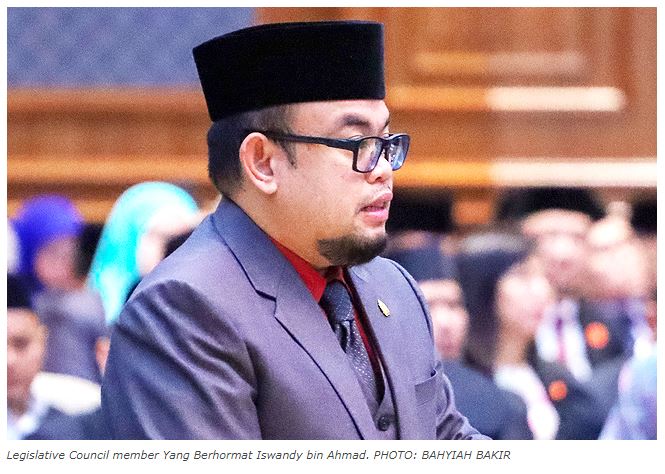Brunei: Drop in import of sugary drinks following tax
As an effect of the introduction of excise tax on sugar sweetened beverages on April 1, 2017 as shared by the Royal Customs and Excise Department (RCED), the import of sugary drinks has decreased by 7.8 per cent from Financial Year 2017/2018 to Financial Year 2018/2019.
The RCED implemented a tax of BND4 per 100 litres for drinks with sugar content of six grammes (or more) per 100ml.
This was highlighted by Minister of Health Yang Berhormat Dato Seri Setia Dr Haji Mohammad Isham bin Haji Jaafar in his response to an issue raised by Legislative Council member Yang Berhormat Iswandy bin Ahmad on the initiatives of food entrepreneurs to introduce fast food tax similar to the tax imposed on sugar-sweetened beverages (SSB).
The minister emphasised that a research on food taxation in general is limited and the evidence unknown due to several complex factors including the definition of fast food.
According to the minister, in a survey conducted in several supermarkets, it is found that the sale of drinks that contained no sugar or less sugar has increased by 50 per cent from 2015 to 2019. Such changes, he said, are encouraging as it contributed to a more conducive environment in providing options for healthier drinks in the country.

He said imports of water bottles and fresh milk have increased by 40 per cent and 11 per cent.
The RCED also shared that the import of less sugary beverages (drinks which contain sugar less than 6gm per 100ml) has increased by 41 per cent.
Yang Berhormat Dato Seri Setia Dr Haji Mohammad Isham also noted the encouraging response from SSB manufacturers as it appears that there is a trend in cutting the amount of sugar in their products.
The Ministry of Health (MoH) is collaborating with the Ministry of Finance and Economy to conduct a research on non-essential food and drinks which contain none or fewer nutrients for taxation proposal, the minister said.
Discussions and workshops with stakeholders have been conducted to research on food and drink categories by taking into account the implication to tax administration costs, the economy, trading, micro and small enterprises and welfare of the citizens.
Through the discussions and workshop, several suggestions have been brought forward to be considered including imposing tax on non-essential food and drinks that contain high sugar or salt such as sauce, crackers, syrups or cordials.
These include allocating a ‘grace period’ for food and drink manufacturers to reduce sugar or salt content in their products as well as to implement strategic mass media campaign promoting awareness on food and drinks that contain high sugar and salt. He said that further discussions with stakeholders will continue to be conducted for research and resolution on the food and drinks with non-essential nutrients.
In response to another query raised by Yang Berhormat Iswandy on the MoH efforts in ensuring the control of unhealthy food marketing and advertisements, the minister highlighted the action plans under the Multisectoral Task Force for Health ‘Cross Functional Team (CFT) Giving Every Child the Best Start in Life’ to produce and implement a marketing policy of food and beverages for children.
He said it was included as one of the initiatives under the Ministry of Health Strategic Plan 2019-2023, SG2: Prevention and Control of Non-Communicable Diseases.
In formulating a policy, the minister said that several dialogue sessions with government and private agencies have been conducted since 2018 in controlling food and beverage marketing in the country.
He said the Ministry of Health attended a special meeting organised by the World Health Organization (WHO) last year and noted the guidance and recommendations as well as lessons from the experiences of other country members.
As a result of the meeting, the minister added, a draft on ‘Code of Responsible Advertisement of Food and Beverages to Children’ was created for the control of advertisement of unhealthy food and beverages for children in the country.
“The draft document is being reviewed and updated through several discussions with agencies including the food and advertising industries before it is socialised and implemented in phases, as recommended by WHO,” he said.
The minister said the updated draft document has been endorsed by the ministry and will be shared with government agencies, stakeholders and members of the public in phases this year.
Source: https://borneobulletin.com.bn/drop-in-import-of-sugary-drinks-following-tax/


 English
English




